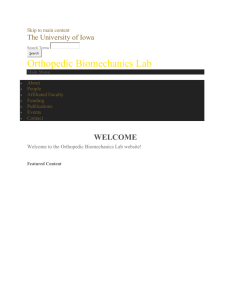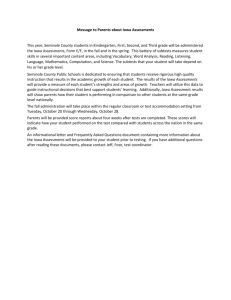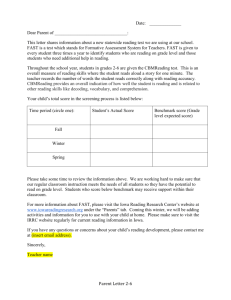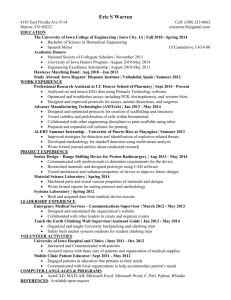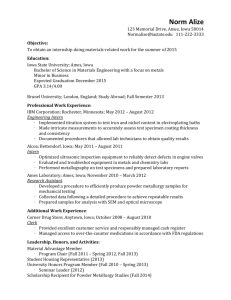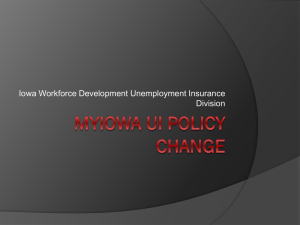Orbitol Frontol Abstract
advertisement
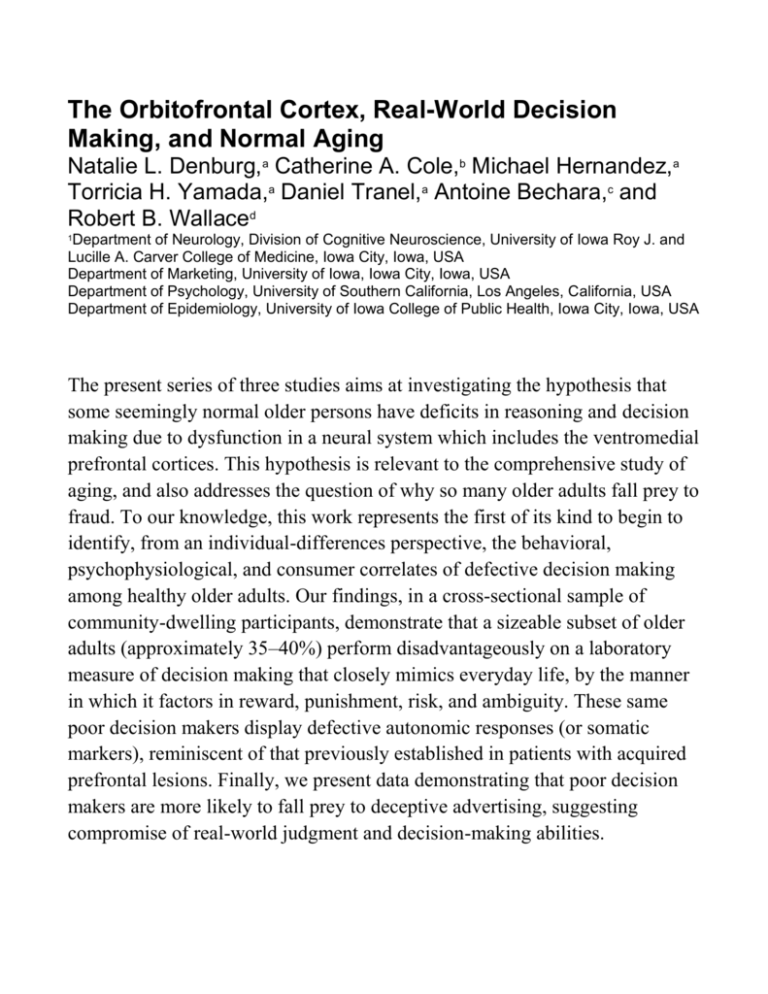
Abstract The Orbitofrontal Cortex, Real-World Decision Making, and Normal Aging Natalie L. Denburg,a Catherine A. Cole,b Michael Hernandez,a Torricia H. Yamada,a Daniel Tranel,a Antoine Bechara,c and Robert B. Wallaced Department of Neurology, Division of Cognitive Neuroscience, University of Iowa Roy J. and Lucille A. Carver College of Medicine, Iowa City, Iowa, USA Department of Marketing, University of Iowa, Iowa City, Iowa, USA Department of Psychology, University of Southern California, Los Angeles, California, USA Department of Epidemiology, University of Iowa College of Public Health, Iowa City, Iowa, USA 1 The present series of three studies aims at investigating the hypothesis that some seemingly normal older persons have deficits in reasoning and decision making due to dysfunction in a neural system which includes the ventromedial prefrontal cortices. This hypothesis is relevant to the comprehensive study of aging, and also addresses the question of why so many older adults fall prey to fraud. To our knowledge, this work represents the first of its kind to begin to identify, from an individual-differences perspective, the behavioral, psychophysiological, and consumer correlates of defective decision making among healthy older adults. Our findings, in a cross-sectional sample of community-dwelling participants, demonstrate that a sizeable subset of older adults (approximately 35–40%) perform disadvantageously on a laboratory measure of decision making that closely mimics everyday life, by the manner in which it factors in reward, punishment, risk, and ambiguity. These same poor decision makers display defective autonomic responses (or somatic markers), reminiscent of that previously established in patients with acquired prefrontal lesions. Finally, we present data demonstrating that poor decision makers are more likely to fall prey to deceptive advertising, suggesting compromise of real-world judgment and decision-making abilities.



